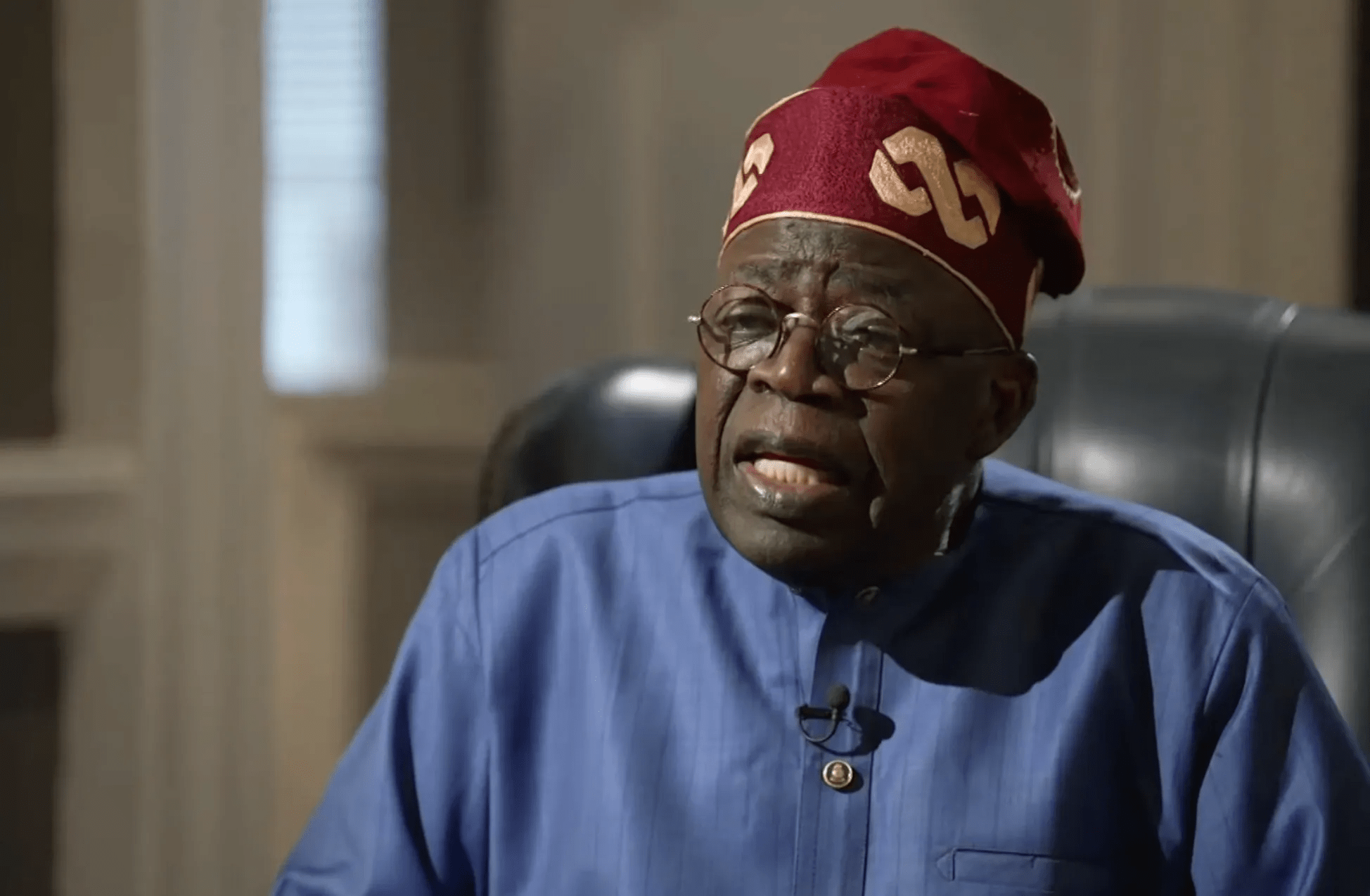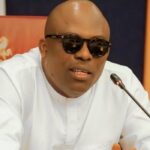President Bola Tinubu has expressed his support for a proposal pushing for the direct election of members into the parliament of the Economic Community of West African States (ECOWAS).
He disclosed this while speaking in Abuja on Thursday during the swearing-in of members into the 6th ECOWAS parliament.
Currently, the representatives into the ECOWAS parliament are chosen from among national parliaments by the parliamentarians.
But Tinubu said the proposal for a direct election would allow citizens of member states to have a say in selecting their representatives.
“The practice of directly electing public officers aligns with democratic principles, principles that Nigeria upholds. That is it enhances the legitimacy of democratic institutions.
“This principle is also in line with the spirit of the ECOWAS protocol on democracy and good governance. As a one-time legislator myself, I look forward to reviewing the proposal regarding this matter.
“We stand to support the elections into the ecowas parliament. We believe this will ensure that citizens will have a direct say in their representation and the legitimacy and credibility it will provide,” The ECOWAS chairman said.
He also called on Presidents of countries in the ECOWAS region to respect the decisions reached by the ECOWAS parliament, saying it strengthens democracy.
“Enforcing the legitimacy of decisions taken by authorities of the head of state is key in sending a message that everyone is one body. It is also very important that the executives on the other hand show similar confidence in the parliament and respect the parliament resolutions which will indeed deepen democracy in our region, Tinubu said.
Speaking at the occasion, the minister of foreign affairs, Yusuf Tuggar, stressed the role of the ECOWAS parliament in the stability of the region.
He said: “In the face of the various challenges confronting our region, including peace, stability, security, as well as the unity of our region, the role of the Parliament is more important than ever.
“It is, therefore, imperative that the Parliament continues to work in synergy with the ECOWAS Commission and other Institutions that serve as the executive and judicial arms of our organization. Collaboration between the Commission, Court and Parliament is essential to ensure the smooth implementation of policies and programs that benefit our citizens.
“I urge the new members of Parliament to ensure that your positions on key issues are harmonized with the decisions of the Authority of ECOWAS Heads of State and Government. Consistency in our collective stance will strengthen our voice on the international stage and prevent any perception of disunity within our organization.”
Speaking earlier, the former Speaker, Hon. Sidie Mohamed Tunis, said the 5th Legislature witnessed a remarkable display of idealism and courage, which fiercely defended human rights, democracy, the rule of law, transparency, accountability and good governance.
“Most times, in fact, all the time, it wasn’t about Sierra Leone, or Nigeria, or Senegal, or Ghana. Our debates, opinions, and resolutions were always about West Africa and that, we pray, will continue to always be.
“With dedication, we experienced the joy of considering 83 draft Community Acts, each of which was well scrutinized in committee rooms. We successfully rendered our opinion through 94 resolutions, which speaks volume of the level of work done by the 5th Legislature and the maturity of the ECOWAS Parliament.”
The members of parliament sworn in include 35 from Nigeria and five each from Benin Republic, Cabo Verde, The Gambia, Guinea-Bissau, Liberia, Sierra Leon, and Togo.
Others include eight members from Ghana, seven from Cote d’Ivoire, and six each from Senegal and Guinea.
Mali, Niger Republic, and Burkina Faso are not represented in the sixth parliament due to their announced intention to exit the bloc.
The parliament is composed of 115 seats and each member state has a guaranteed minimum of five seats while the remaining 40 seats are shared based on population.

 Join Daily Trust WhatsApp Community For Quick Access To News and Happenings Around You.
Join Daily Trust WhatsApp Community For Quick Access To News and Happenings Around You.


